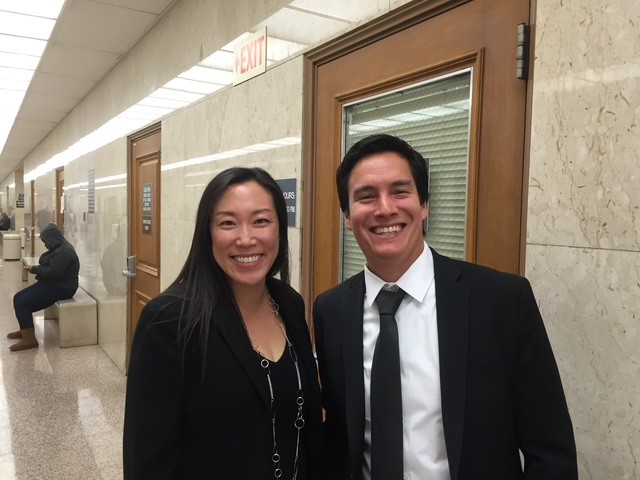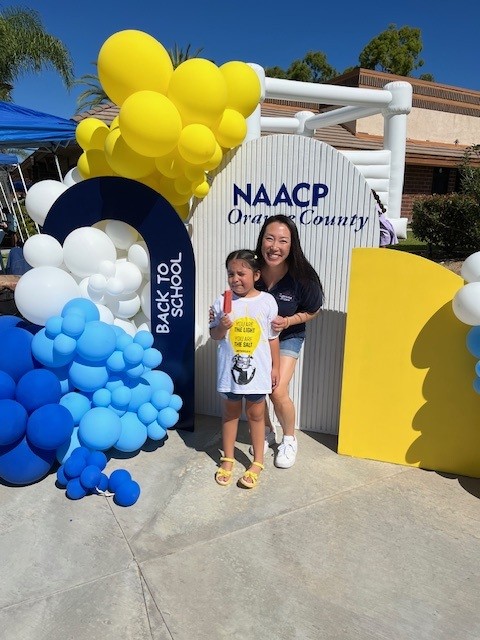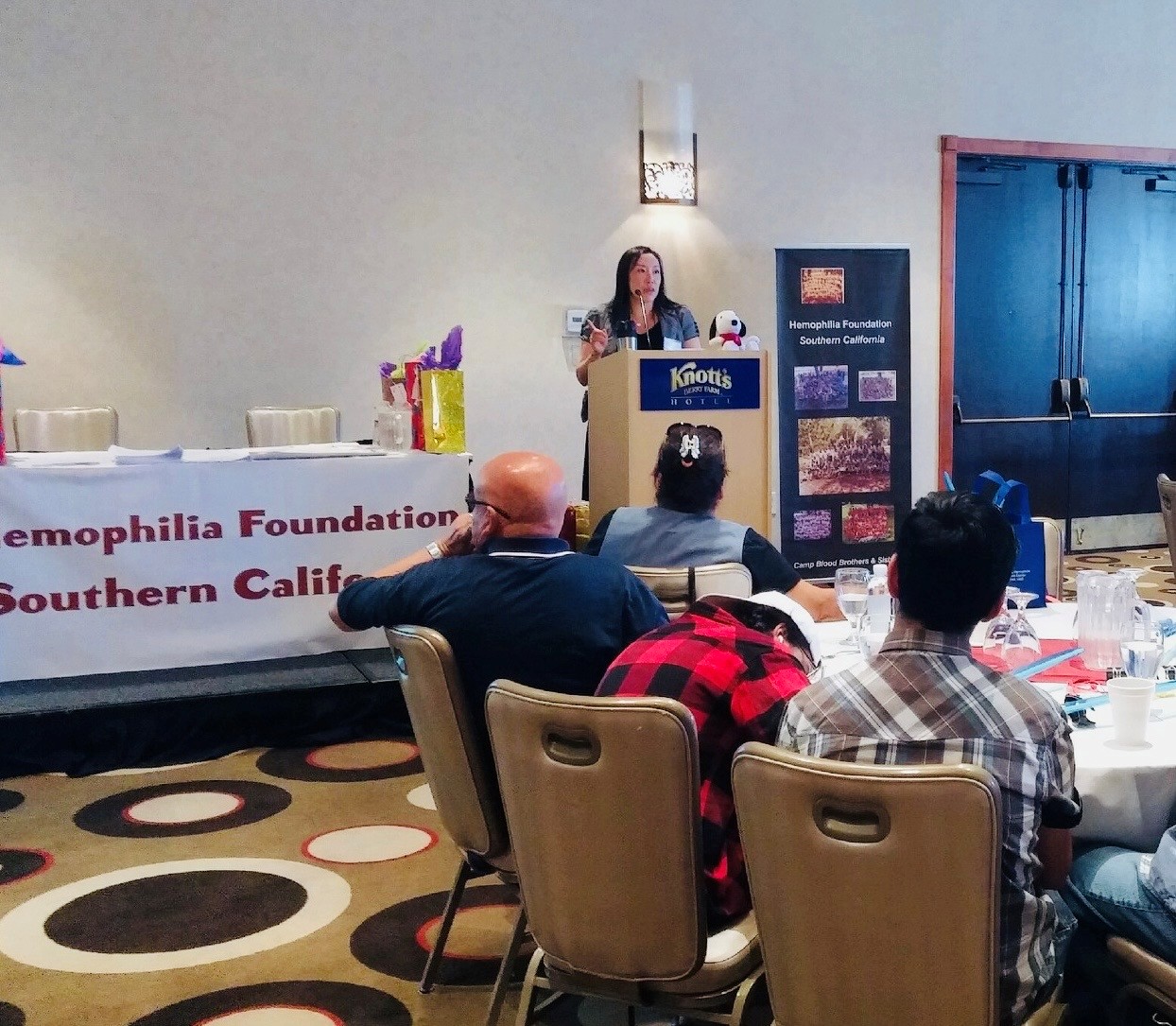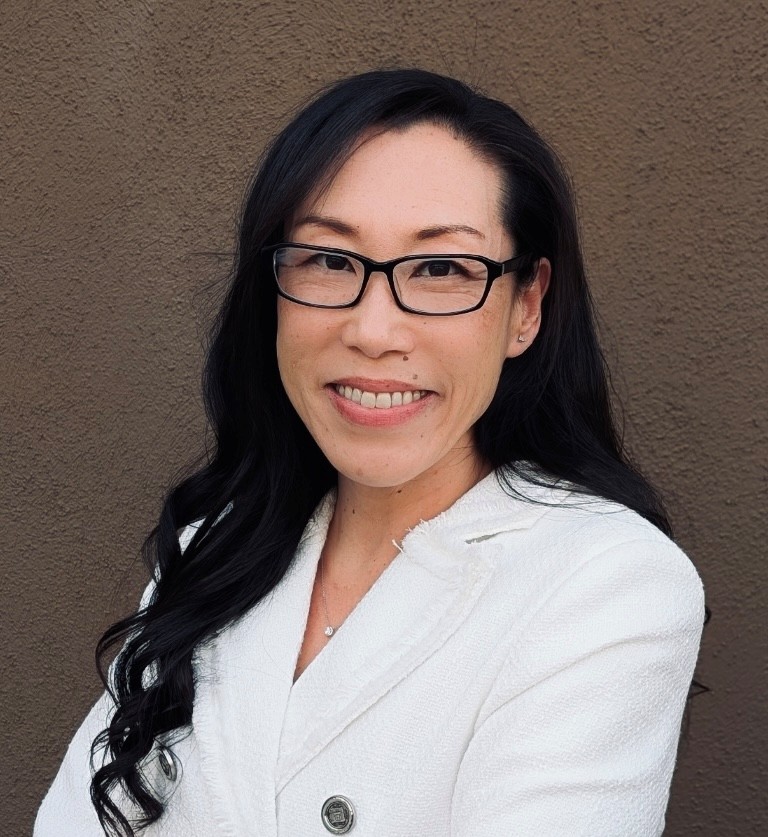We recently connected with Carol Jung and have shared our conversation below.
Carol, thanks for joining us, excited to have you contributing your stories and insights. One of the most important things small businesses can do, in our view, is to serve underserved communities that are ignored by giant corporations who often are just creating mass-market, one-size-fits-all solutions. Talk to us about how you serve an underserved community.
We serve families that have children with disabilities facing challenges and barriers in the public school system in obtaining the educational services that their children need in order to participate fully and benefit from their education. Often these children are overlooked and undervalued unless their families are strong advocates on their behalf. However, it is difficult navigating the system on their own and difficult finding competent assistance.

As always, we appreciate you sharing your insights and we’ve got a few more questions for you, but before we get to all of that can you take a minute to introduce yourself and give our readers some of your back background and context?
We offer legal assistance to help families obtain the educational program that their children are legally entitled to and will benefit them. We do this by carefully assessing the family’s needs and goals to craft a strategy that will work for them. This can include “soft advocacy” such as assisting to review documents, write letters, accompanying families to Individualized Education Plan (IEP) meetings, and, if necessary, representing families in formal legal actions such as Due Process Complaints.
Our office utilizes a client-centered approach, partnering with our clients, valuing their knowledge, experience, and honoring their self-determination to achieve meaningful outcomes for their children. The word partnership is important. I pride myself in viewing and treating my clients as true partners, meaning, I ensure that my clients know and understand what is happening every step of the way, that difficult legal concepts are explained, and that my clients feel empowered to make the best decisions on behalf of their children.
Have you ever had to pivot?
Being an attorney is actually my second career. I also have a master’s in social work and public administration. My goal in early adulthood was to work in nonprofit management and build community programs. I did begin my professional, adult life in that sphere where I worked for several years as a program coordinator, managing the day to day for various projects aimed at serving people with disabilities across the lifespan. Two of those projects were aimed at protecting the legal rights of people with disabilities, one of them being in special education, and the other focused on crime victims.
In developing and working on the project for crime victims, I had the opportunity to work with an amazing man who had been brutally beaten by a neighbor. Let’s call him “John”. John did use a wheelchair and also had a mild intellectual disability. I assisted John in filling out court forms and accompanied him to court to seek a restraining order against the neighbor. Once in court, John was asked to go before the judge to plead his case. He was understandably intimidated, and, despite having told me his story multiple times so that I could assist in filling out court forms, he became frozen in front of the judge. The judge turned to me and asked whether I was John’s attorney. I had to answer “no” and therefore, could not assist John in telling his story. I felt absolutely powerless in that moment to help John. I realized at that moment that, if I were to be more effective in assisting individuals like John, who faced barriers to having their story heard, I would need to be able to legally have the authority to be their voice. That is when I decided to go to law school because otherwise, I saw a barrier placed before me in effectively advocating and serving a population that I knew had been unjustifiably pushed aside.

What’s worked well for you in terms of a source for new clients?
Currently, my new clients often come from the referrals of past or current clients. When you do good work and when clients feel valued, not only will they return when they have an issue in the future, they will also refer friends and family facing similar issues.



